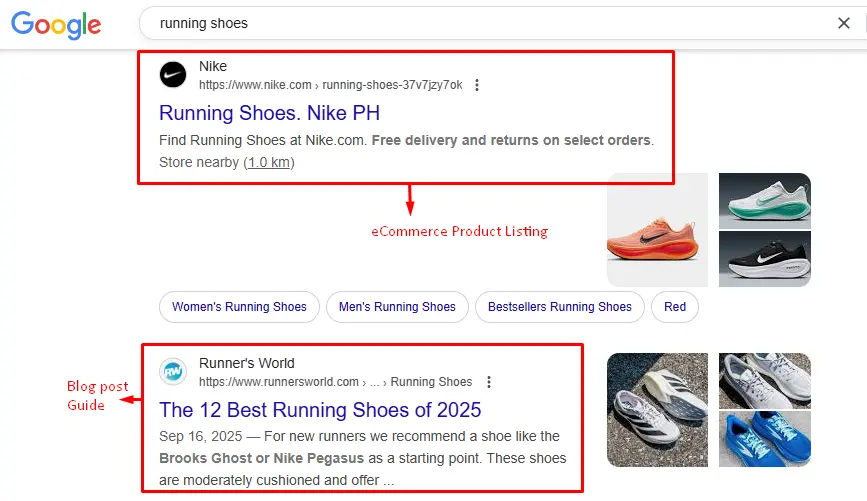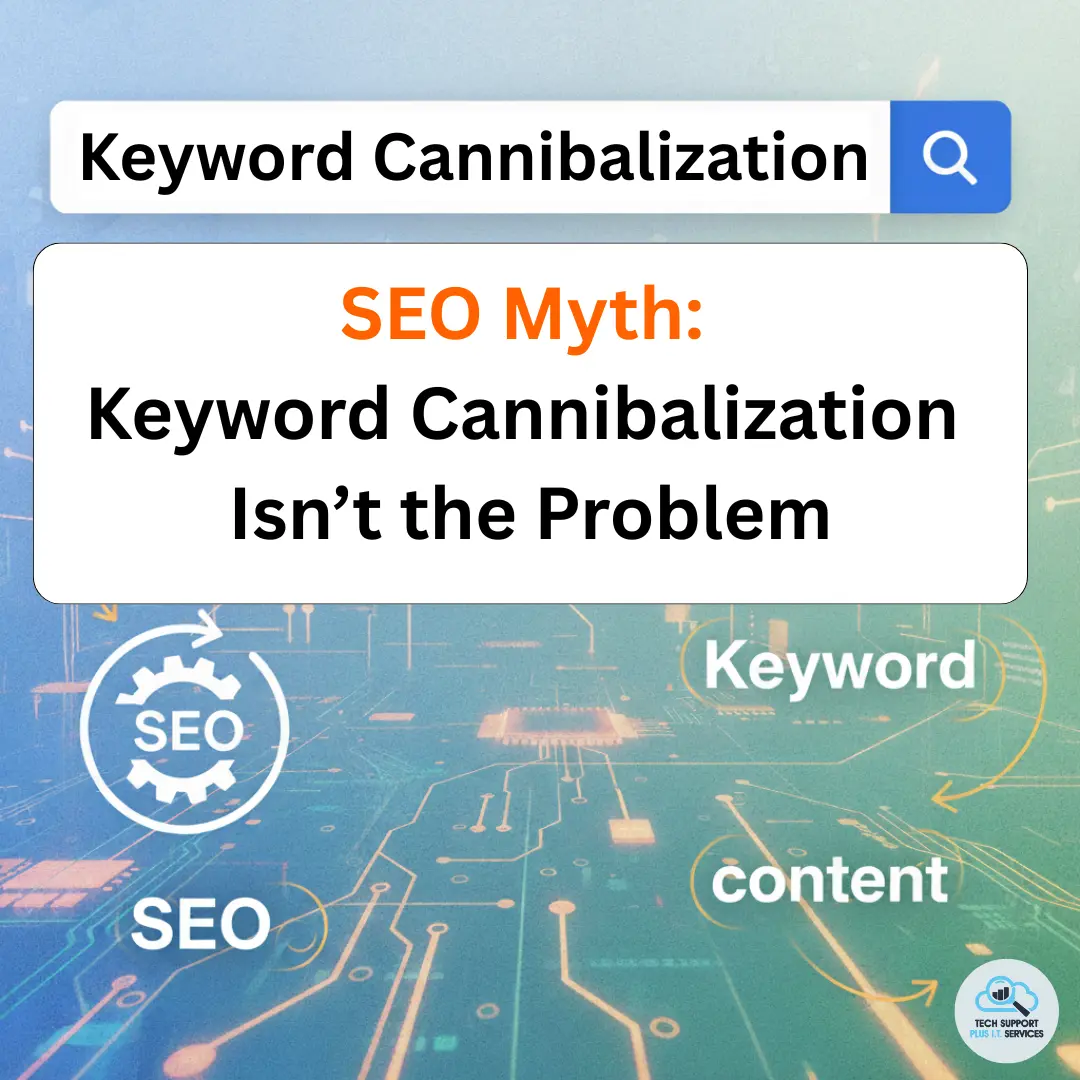- Google’s John Mueller recently responded to a question about keyword cannibalization, where multiple pages from the same website rank for the same search queries.
- I like how John Mueller clarified this. Having a couple of pages show up for the same keyword isn’t really a bad thing; it can actually give your site more visibility. The real problem only comes in when the content is thin, duplicated, or doesn’t bring much value to users.
- A lot of SEOs stress over “keyword cannibalization,” but Mueller makes a good point: instead of worrying about that, it’s smarter to focus on creating strong, well-structured content that serves user intent.
For a deeper dive into John Mueller’s views and the nuances of “keyword cannibalization,” see the detailed coverage on Search Engine Journal: Google Answers SEO Question About Keyword Cannibalization.
What is Keyword Cannibalization?

- Keyword cannibalization is often misunderstood. It’s not just about targeting the same keyword, it’s more about when pages overlap without purpose.
For example: - Publishing multiple blogs that say the same thing
- Forgetting to redirect old pages when new ones are created
- Optimizing product and category pages for the same term
Bottom line: Don’t panic about cannibalization. Focus on value, clarity, and content that actually helps your audience.
But here’s the catch: mentioning the same keyword across different pages isn’t always cannibalization. It depends on intent.
Example 1: Search “running shoes” and you’ll find eCommerce product listings as well as blog articles about the best shoes for different needs. A retailer could rank with both a product page and a blog guide with different intents, using the same keyword.

Example 2: “tech support plus,” keyword often rank a main services page while also ranking in other website that link to the search keyword. Each page uses similar keywords but answers a distinct search intent.

Our Comment: This is where many SEOs overreact. Multiple rankings are not a problem if each page fulfills a distinct user need. The real issue is thin, duplicate, or unfocused content.
Why It Matters for Your Business
Instead of deleting pages or rewriting content out of fear, focus on:
- Creating unique pages for different intents
- Using internal linking to signal which page is most relevant
- Regularly auditing for outdated or duplicate content
- Consolidating pages only when they truly overlap
In short, keyword cannibalization is less about keywords and more about clarity of purpose.
Expert Insight: Where SEOs Should Focus Energy

At Tech Support Plus, we recommend shifting the conversation:
- Don’t chase myths – Having two pages ranked is often a win, not a threat.
- Audit before fixing – Check if your “cannibalizing” pages actually serve the same intent.
- Use smart solutions – Redirect, canonicalize, or merge pages only if they compete directly.
- Think like a user – Ask yourself: “Does each page answer a different need?”
“The danger isn’t multiple rankings, it’s unfocused pages that serve no real purpose.”
Quick Takeaways
- Keyword cannibalization is often misunderstood.
- Multiple pages ranking for the same keyword can increase visibility.
- True problems come from thin or duplicate content.
- Focus on intent, linking, and content quality, not chasing myths.
Keyword cannibalization isn’t the SEO monster it’s made out to be. As John Mueller clarified, the real task for businesses is to build useful, well-structured, intent-driven content.
Need help cleaning up content and boosting rankings? Contact Tech Support Plus for expert SEO and digital marketing solutions.




